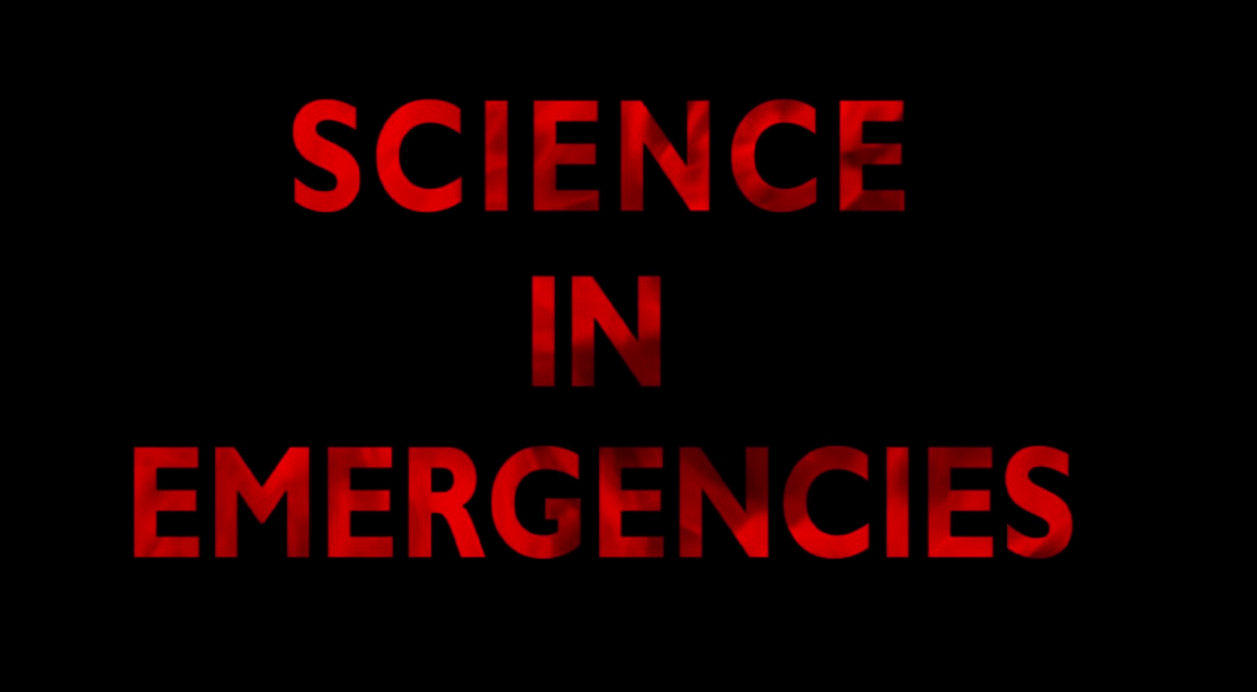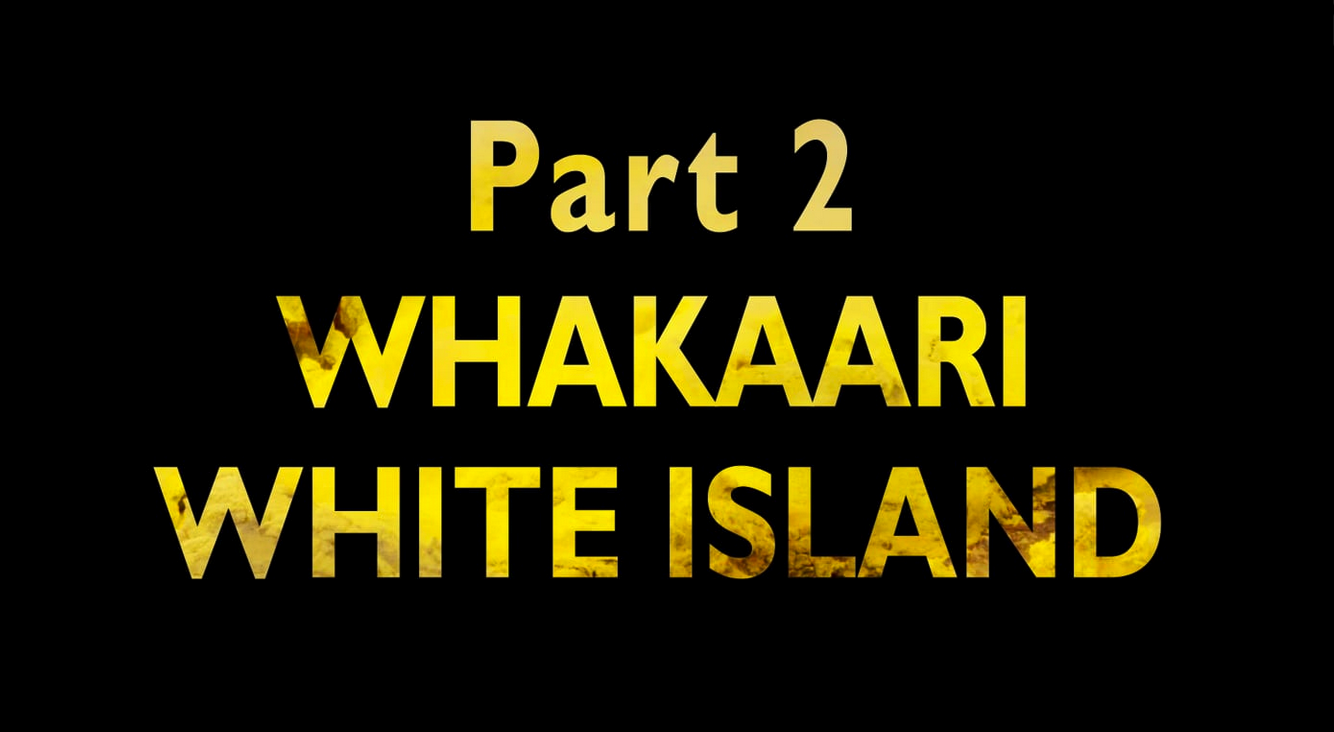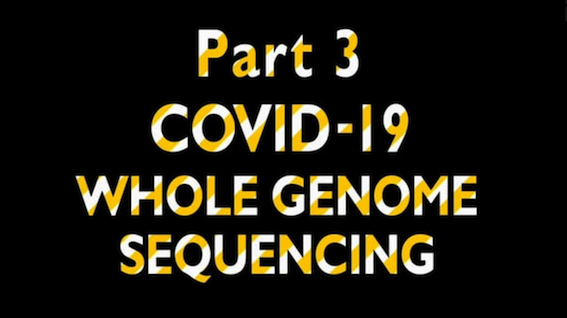Home | Contact | Documentaries | Education | Short Films | Producer | About | Shop

'Science &' is an independent web series of short science documentaries investigating important issues. We live in an age of rapid change and many problems, and we want our series to provide positive, evidence-based facts and advice. These documentaries are freely available to the public, on line at: https://vimeo.com/channels/sciencetalk.
The aim of the series is to share the findings of science in a clear, lively fashion, with the help of some New Zealand scientists who are outstanding communicators.
The series has had very good feedback from the science community. But our primary audience is the general public. Science that the public can trust is very important at a time when social media posts often spread false information, and the mainstream media don't have time to discuss subjects in depth.
Schools and universities have also found these documentaries useful. Young viewers are very concerned about what is happening to their planet.
Many well-known scientists appear in the documentaries (such as Dr Jane Goodall, Siouxsie Wiles, and Professor Shaun Hendy). In researching the series we have consulted closely on the issues with Dame Juliet Gerrard, the Prime Minister's Chief Science Advisor, and her expert panel. Juliet also takes part in the series as a brilliant communicator of up-to-the-minute science.

The documentaries are on line at: https://vimeo.com/channels/sciencetalk
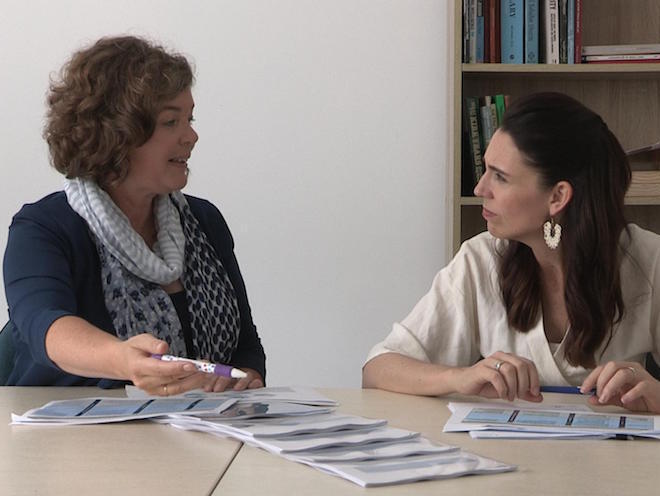 |
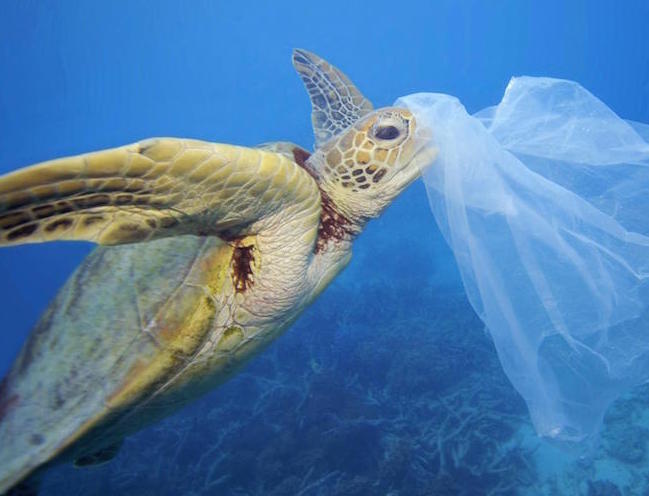 |
 |
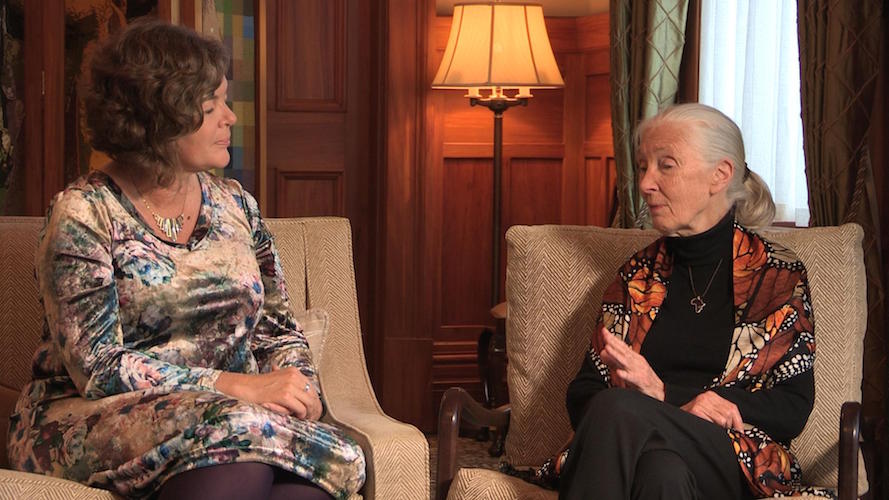 |
Created by director Shirley Horrocks and researcher Glenda Lewis, working in close consultation with Professor Juliet Gerrard and her team, the series has received support from a wide range of organisations who share our commitment to good science communication:
AgResearch Ltd, The Bio-Protection Research Centre, The MacDiarmid Institute, The Ministry of Business, Innovation and Employment, The NZ Food Safety Science & Research Centre, Plant & Food Research, The Riddet Institute, Scion Research, Stats NZ, The University of Auckland, The University of Otago, Victoria University of Wellington, with additional support from the Institute of Environmental Science and Research (ESR)
 |
 |
 |
 |




